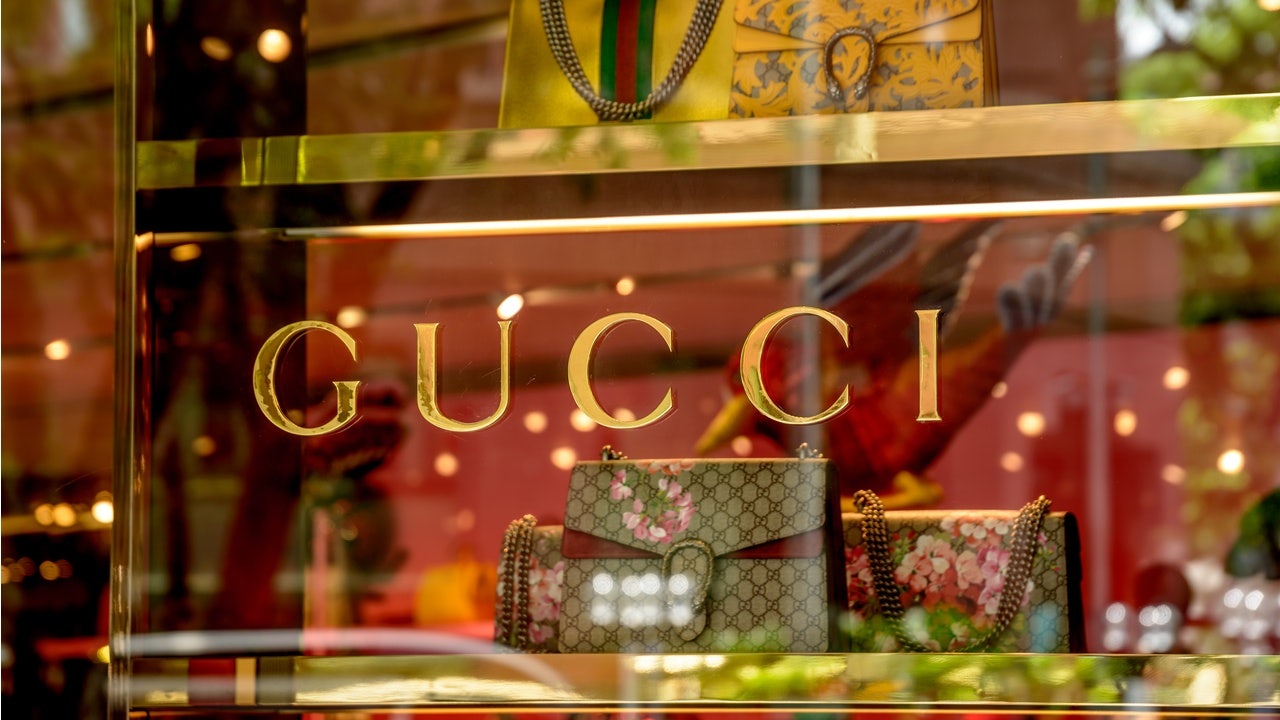What happened
After almost seven years of negotiations, China and the European Commission have finally agreed to an investment deal on Wednesday, December 30, 2020. Known as the Comprehensive Agreement on Investments (CAI), the bilateral treaty removes barriers to European investment in certain Chinese sectors — including new energy vehicles, telecoms, financial services, and health — while providing Beijing greater access to Europe’s renewable energy on a reciprocal basis.
The pact has been a top priority of Chancellor Angela Merkel, who has pushed to seal the deal while Germany holds the presidency of the European Council. Although the draft has been approved by EU ambassadors, it still faces significant pushback from those who believe it does not do enough to open China’s economy or curb human rights violations. Others worry that the deal snubs the incoming Biden administration and jeopardizes a united Western front against China. Given these concerns, it remains to be seen whether CAI will ultimately be ratified by the European Parliament.
The Jing Take
Although CAI does not directly touch traditional luxury sectors, it would strengthen Europe-China ties and thus improve the backdrop against which luxury operates. Up until now, European companies looking to expand in the Mainland were forced to navigate cumbersome regulatory obstacles, from sharing sensitive technology to operating with local partners.
This new agreement is expected to level the playing field, offering European companies some of the freedoms Chinese companies already enjoy in the EU market. In addition to eliminating equity caps and joint venture requirements, it would also ease state control of enterprises and open the Chinese banking market to EU firms. These new rules have garnered strong support from European businesses with a China presence.
Of course, not everyone will emerge a winner. While large international corporations stand to profit from more control over their China operations, “the small and medium-sized European companies with a focus on the EU market will not benefit from it but will increasingly have to deal with Chinese state-owned corporations, with which they cannot compete on the same terms,” economist Jürgen Matthes told Deutsche Welle.
Another pain point is whether CAI will actually hold China accountable for human rights abuses. Recently, luxury groups such as Kering and LVMH have faced intensifying scrutiny over links to forced labor in Xinjiang, which produces one-fifth of the world’s cotton. If Beijing upholds its pledge to adhere to the International Labor Organization’s rules on forced labor, the treaty could potentially help clean up supply chains. However, China has a track record of denying claims of Uyghur mistreatment — one official called them the “lie of the century” just this past Monday — which is not a promising sign that real progress will be made, especially if terms regarding Xinjiang are not explicitly outlined.
Moreover, increasing dependence on China comes with risks for players, luxury included. China is currently the EU’s second-largest trading partner, with bilateral trade worth more than 1.2 billion per day. During the pandemic, European companies like Volkswagen continued pouring money into China, while Chinese companies’ invested in European markets to fill gaps in their industrial chains. While bilateral cooperation is key to future economic development, Australia’s troubles should serve as a warning against overreliance on the Mainland.
The Jing Take reports on a piece of the leading news and presents our editorial team’s analysis of the key implications for the luxury industry. In the recurring column, we analyze everything from product drops and mergers to heated debate sprouting on Chinese social media.


